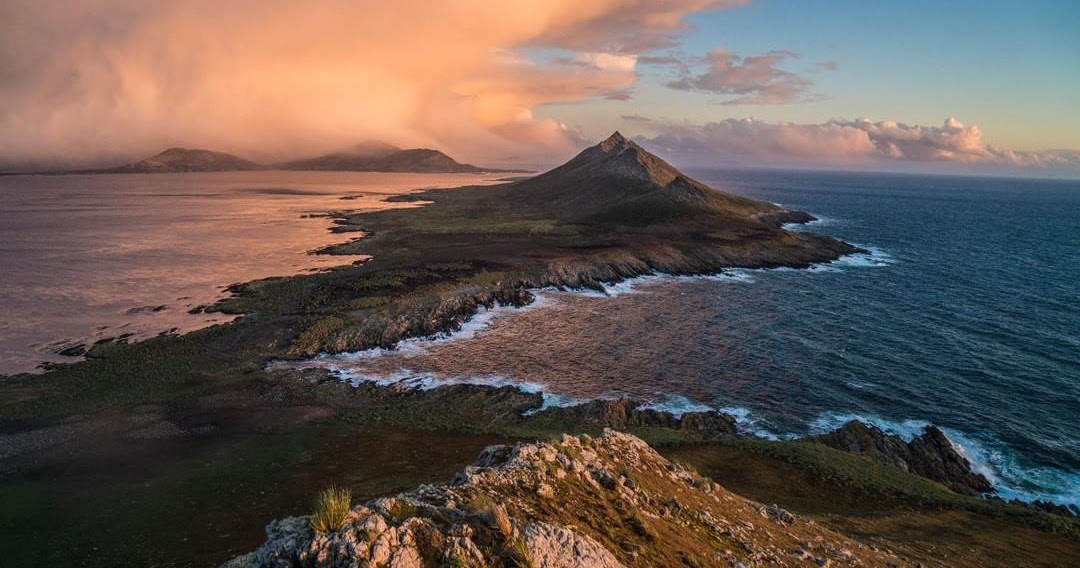


Roll on, thou deep and dark blue Ocean-roll! Ten thousand fleets sweep over thee in vain Man marks the earth with ruin-his control Stops with the shore -upon the watery plain The wrecks are all thy deed, nor doth remain A shadow of man's ravage, save his own, When for a moment, like a drop of rain, He sinks into thy depths with bubbling groan, Without a grave, unknelled, uncoffined, and unknown. San Francisco: Sierra Club Books.There is a pleasure in the pathless woods, There is a rapture on the lonely shore, There is society where none intrudes, By the deep Sea, and music in its roar: I love not Man the less, but Nature more, From these our interviews, in which I steal From all I may be, or have been before, To mingle with the Universe, and feel What I can ne'er express, yet cannot all conceal. The Islamic college university journal, 2(50), 61-70. A feminist reading of Byron’s poetry through the lens of Susan Gubar, Sandra Gilbert and Kate Millet. Analyzing and comparing the prominent elements including nature, imagination and freedom in literary works by Lord Byron and Simin Behbahani with a focus on the relationship between and among these elements. Ruins, nostalgia and ugliness: Five Romantic perceptions of the middle ages and a spoonful of Game of Thrones and avant-garde oddity. THERE IS A PLEASURE IN THE PATHLESS WOOD-LORD BYRON POINTS- INTRO. Romanticism and the materiality of nature. Publications of the Modern Language Association of America, 229-253. Ecocriticism in British romantic studies. Byron’s nature: A Romantic vision of cultural ecology. Cultivating picturacy: Visual art and verbal interventions. Interdisciplinary Studies in Literature and Environment, 13-23. Putting a new definition of ecocriticism to the test: The case of “The Burning Season”, a film (mal) adaptation. The ecocriticism reader: Landmarks in literary ecology. Lord Byron’s strength: Romantic writing and commercial society. The future of environmental criticism: Environmental crisis and literary imagination. In other words, Romanticism which was established as a reaction to the Industrial Revolution and also Romantic poets like Byron referred to the rustic nature as a source of innocence in which God is closer to human beings.īone, D. It is found that Byron’s fascination in nature is because of its restorative power and being regarded as a source of inspiration. This research seeks to study “There Is Pleasure in the Pathless Wood” by Lord Byron from an ecocritical viewpoint in order to analyze the way nature is exemplified in this poem and how the beliefs conveyed in it are in accordance with the ecological understanding. This theory is even more significant in Romanticism in which nature was of particular implication and Lord Byron was no exception. George Gordon Lord Byron 1788 (London) 1824 (Missolonghi, Aetolia) Life. Republic of Iraq Ministry of Higher Education& Scientific Research, AL-Kunooze UniversityĮcocriticism, Ecology, Lord, Nature AbstractĮco-criticism as the scientific study of the relationship between nature and human beings plays an important role in the analysis of literary works. General Directorate of Education of Basra-Iraq There is a pleasure in the pathless woods, There is a rapture on the lonely shore, There is society where none intrudes, By the deep Sea, and music in its roar: I love not Man the less, but Nature more, From these our interviews, in which I steal From all I may be, or have been before, To mingle with the Universe, and feel What I can ne'er expre. Republic of Iraq Ministry of Higher Education& Scientific Research, University of Basra, Bab AL-Zuhar, College of Complex\ College of Art ,Departments of Translation


 0 kommentar(er)
0 kommentar(er)
